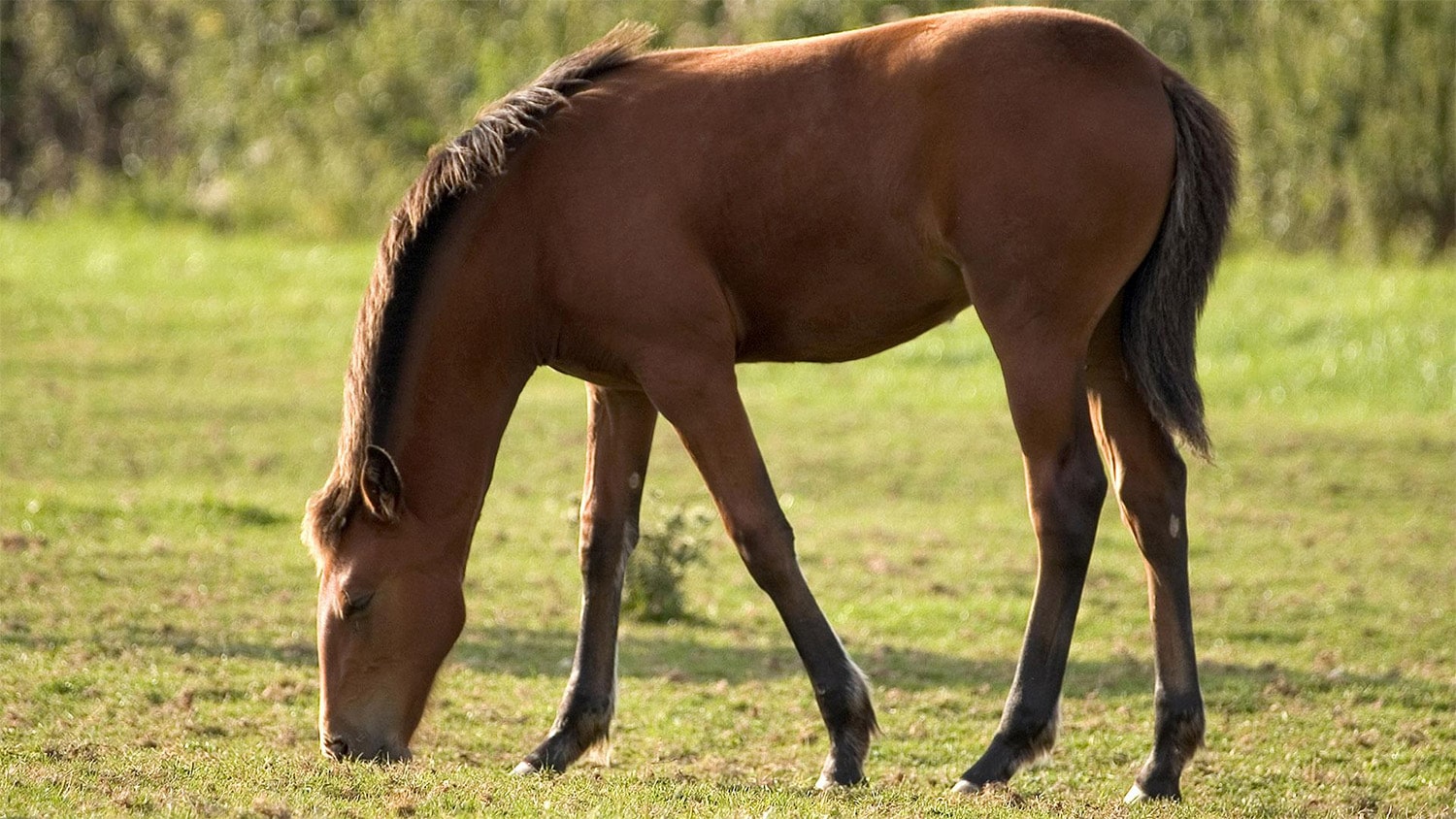
28 interesting facts about thoroughbreds
- 👁️ 274
Thoroughbreds, renowned for their speed, agility, and spirit, are among the most magnificent horse breeds in the world. Originating in 17th and 18th century England, they have become synonymous with horse racing, though their athleticism allows them to excel in other equestrian sports as well. Beyond their physical prowess and competitive nature, thoroughbreds have specific nutritional needs to maintain their health and enhance their performance. Understanding the diet of thoroughbreds is crucial for their caretakers to ensure these equine athletes can meet the demands of their training and racing schedules. Let’s explore some fascinating aspects of the dietary habits and nutritional requirements of thoroughbreds.
- Thoroughbreds require a diet high in quality protein to support muscle development and repair, especially after intense exercise.
- They consume between 1.5% to 2.5% of their body weight in feed daily, divided between forage and grains.
- High-energy grains like oats, barley, and corn are staples in a thoroughbred’s diet, providing the necessary calories for energy.
- Forage, including hay and grass, makes up the majority of a thoroughbred’s diet, essential for digestive health.
- Thoroughbreds have a relatively small stomach, requiring frequent, small meals throughout the day to optimize digestion and nutrient absorption.
- Electrolyte supplementation is often necessary for thoroughbreds to replace minerals lost through sweating during exercise.
- Access to clean, fresh water is crucial, as thoroughbreds can drink up to 10 gallons (about 38 liters) of water per day.
- Fats, in the form of oil supplements, are sometimes added to the diet to provide concentrated sources of energy.
- Thoroughbreds are at risk for gastric ulcers due to stress, training, and diet; thus, their feed schedules and content are carefully managed to mitigate this.
- Beet pulp is a common feed additive for thoroughbreds, offering a digestible source of fiber and energy without excessive starch.
- Proper dental care is vital for thoroughbreds to ensure they can effectively chew and digest their food.
- Young, growing thoroughbreds require diets rich in calcium and phosphorus to support bone development.
- Vitamin and mineral supplements are often necessary to address any nutritional gaps in a thoroughbred’s diet.
- During the racing season, a thoroughbred’s caloric intake may increase significantly to fuel their heightened activity levels.
- The quality of hay provided to thoroughbreds is critical, with a preference for varieties that are high in nutrients and low in dust to prevent respiratory issues.
- Pre-race meals are typically given well before competition to prevent digestive discomfort and maximize performance.
- Thoroughbreds retired from racing often need dietary adjustments to accommodate a less active lifestyle.
- Flaxseed is sometimes added to a thoroughbred’s diet for its omega-3 fatty acids, promoting a healthy coat.
- The transition to new feeds in a thoroughbred’s diet is done gradually to prevent digestive upset.
- Salt blocks or loose salt should be readily available to thoroughbreds to encourage adequate sodium intake.
- Careful monitoring of weight and body condition is essential to adjust a thoroughbred’s diet for optimal health.
- Overfeeding thoroughbreds can lead to obesity and associated health risks, such as laminitis, a painful hoof condition.
- Thoroughbreds in training may receive specialized “performance” feeds, formulated to support intense physical activity.
- The natural grazing behavior of thoroughbreds is encouraged as much as possible, despite their stabled environment, to support their mental well-being.
- Probiotics are sometimes administered to support gut health and aid in nutrient absorption.
- Certain herbs and supplements are explored for their potential to enhance respiratory health and overall stamina.
- Seasonal changes can affect the availability and nutritional content of natural forage, requiring adjustments in the diet.
- Foals and broodmares have specific nutritional requirements, with increased needs for certain nutrients to support growth and lactation.
Understanding the complex dietary needs of thoroughbreds is essential for maintaining their health, well-being, and performance. These magnificent animals rely on a balanced and carefully managed diet to meet the demands of racing and training. By providing optimal nutrition, thoroughbreds can achieve their full athletic potential and enjoy a quality of life befitting their status as elite equine athletes. The dedication to their dietary care reflects the broader commitment to ensuring the welfare and longevity of these prized horses.
Thoroughbreds, renowned for their speed, agility, and spirit, are among the most magnificent horse breeds in the world. Originating in 17th and 18th century England, they have become synonymous with horse racing, though their athleticism allows them to excel in other equestrian sports as well. Beyond their physical prowess and…